.
All are pre-1910.
.
……yes – they are part of a larger collection which we are now cataloging.
.
Play – ‘Spot the Differences’
.
.
.
Something tells us that pro-animal activists have always been excellent networkers!
.
……but we can always do better!
.
How can we link this to GROWL? – here goes –
p 214 & 215 – from
Chapter 13 –
What Is Justice? – Kim Stallwood.
.
~ After forty years of the modern animal advocacy movement, it’s time to move beyond the stage-one formulations of media stunts, information dissemination, demonstrations, advertising campaigns, and personal appeals by celebrities to stages two and three. Certainly, we can continue to influence public opinion to be more sympathetic to animals, but we need plans that are less whimsical, harder-headed, more strategic, and more directed. We need to be unafraid of power.
.
As it is, animal advocates are boxed in. We’re frightened of being told by other social justice movements that animals aren’t as important as humans. We’re frightened that we’ll be called sentimental or irrational or self-righteous or just plain weird. We’re frightened that others won’t be as committed or absolute or uncompromised as we are. We’re frightened that, when push comes to shove, the politicians will let us down because we’re supposedly one-issue voters, and that issue just isn’t important enough.
.
Well, these are the risks that any movement has to take as it grows up. It has to expect vilification and opposition. We have to expect to be called ‘radicals’ and ‘terrorists’ and a whole host of even more unpleasant names. What we do is hold on to the four key values and not only won’t we earn those labels, but the general public—whom I genuinely believe is more open to our cause than we advocates imagine—will stick those labels on those who oppose us.
.
Fortunately, most of us live in societies where the free exchange of ideas and the right to petition the government and elect one’s representatives are givens. True, moneyed interests and powerful lobbies exist that make it hard to get through to legislators. So start small and start locally. Pick an issue, analyse the problem, and propose a solution. Attend your local council or ward meetings. Bring in experts, write policy papers, give money, hold fundraisers. Organise, campaign, join a political party, run for office yourself. Show the politician you have a constituency; do the same with other groups in your area. Build bridges, develop a network, make animal advocates an unavoidable part of the constituency that supports a candidate. ~
.
Thank you to Kim!
.
————————————————————————————————-
The Ernest Bell Library is actively preserving & sharing: –
- items related to veg(etari)an products.
- veg(etari)an books & other publications.
- items related to veg(etari)an organisations.
- items related to veg(etari)an businesses.
- items related to animal rights organisations.
- animal rights publications.
- items related to humanitarian organisations.
- humanitarian publications.
- items related to rambling clubs run by members of the above groups & related publications.
If anyone would like to help by either Adopting or Sponsoring items in the library, please be in touch.
We are working seriously on cataloging the collection, as & when funds are available.
————————————————————————————————-
If anyone would like more information, please send an email to: –
humanitarianleague (at) outlook (dot) com
– or message me through HappyCow –
https://www.happycow.net/blog/author/JohnnySensible/
————————————————————————————————-
Comment via Facebook
Working to promote vegan businesses since 1978. Henry S. Salt Archive - researcher & fundraiser. The Humanitarian League - researcher & fundraiser. The Ernest Bell Library - archive manager. Collecting & republishing historical material of vegetarianism and other humanitarian movements. Running the 'Hum-an-imal Badge Co.'.

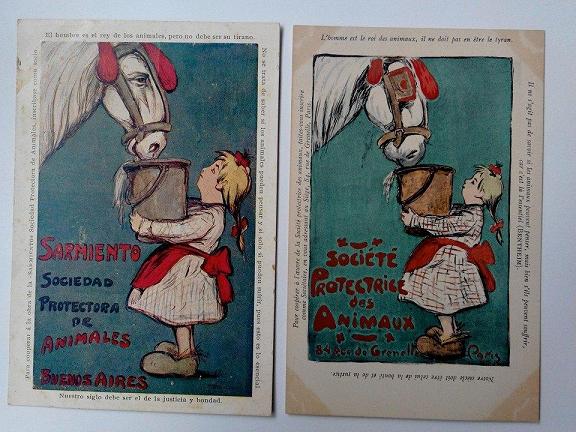
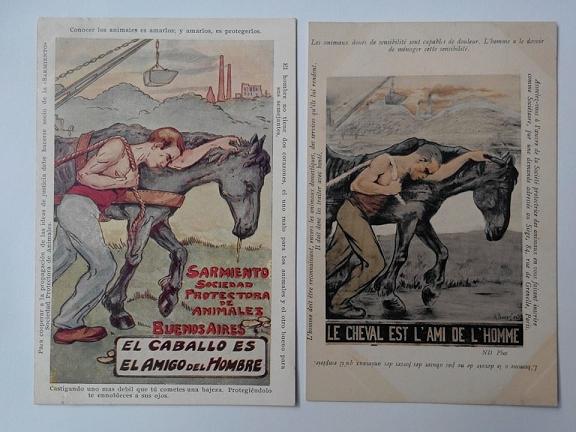


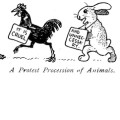
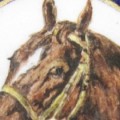
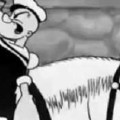
No Comments